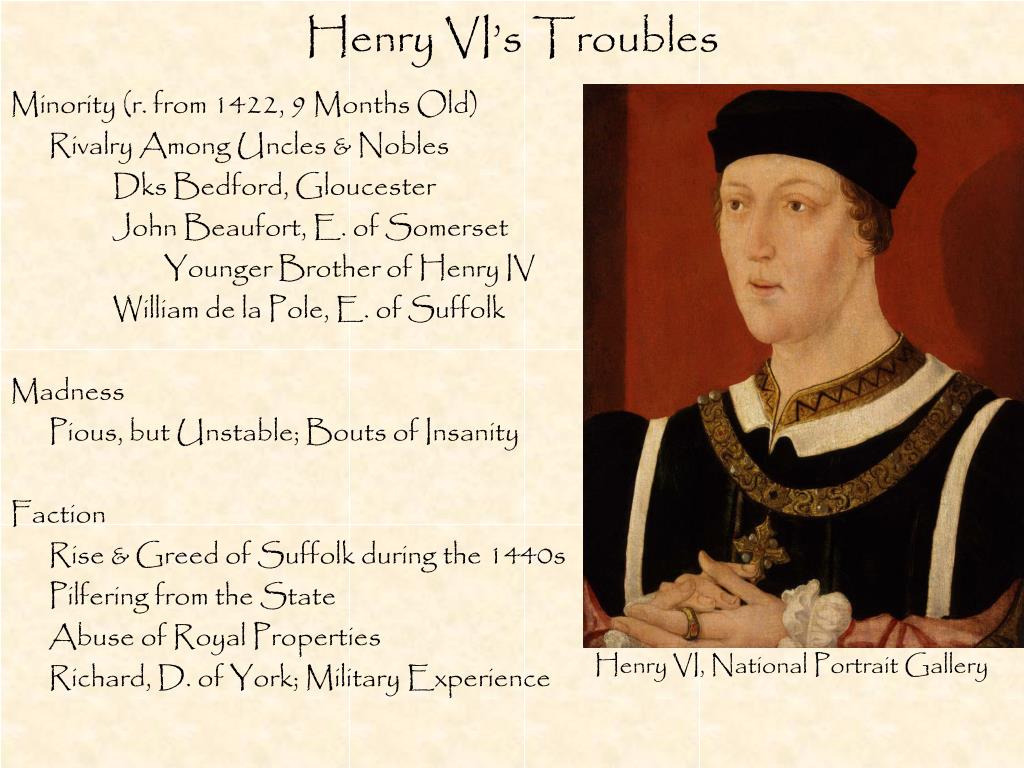

His Henry is younger, less battle-hardened than these predecessors, a reluctant rather than decisive warrior, albeit one with a striking resemblance to the main surviving likeness. Now, I find myself king.”Ĭhalamet, best known for his Oscar-nominated turn in 2017’s Call Me by Your Name, steps into a role previously played by the likes of Laurence Olivier, Kenneth Branagh and Tom Hiddleston. "As prince, I spent my days drinking, clowning. “A new chapter of my life has begun," Chalamet's Henry V says in the film's trailer. Although The King presents its subject as more realistically flawed than most representations, a sense of his character-how he commanded such loyalty, for instance, or why he pursued goals with a single-minded determination bordering on frenzy-remains evasive. Loosely based on Shakespeare’s Henriad, a collection of three of the Bard’s history plays, Netflix’s historical drama alternately debunks and perpetuates the many larger-than-life stories surrounding its subject, whose nine-year reign saw a flourishing of royal authority and military action but ended abruptly with his untimely death in 1422. … As prince, I spent my days drinking, clowning. As a newly crowned Henry declares in the movie’s trailer, “A new chapter of my life has begun. The King, a new biopic starring Timothée Chalamet as its eponymous monarch, examines these seemingly discordant aspects of Henry’s life by tracing its subject’s path from wayward adolescent to heroic warrior.


His legacy is one of success, but as historian Peter Ackroyd argues, the triumphs of his military conquests soon faded, leaving “very little … to celebrate” and lending credence to the idea that “all was done for the pride of princes.” He had a reputation for prudent judgment and chivalrous behavior, but in the aftermath of his victory at Agincourt, took the unprecedented step of ordering the execution of all unarmed prisoners. Henry was a formidable warrior-perhaps the greatest the country has ever seen-but thanks to his closely cropped haircut, looked more like a priest than a soldier. In youth, he was reportedly an “ assiduous cultivator of lasciviousness,” but upon ascending to the throne of England in the early 15th century, he won plaudits for his piety.


 0 kommentar(er)
0 kommentar(er)
